Wisconsin Senate passes bills to promote electric vehicle charging stations
The Wisconsin Senate passed two bills that would make it easier to operate electric vehicle charging stations and administer nearly $80 million in federal funding to construct a statewide network.
Associated Press
January 16, 2024
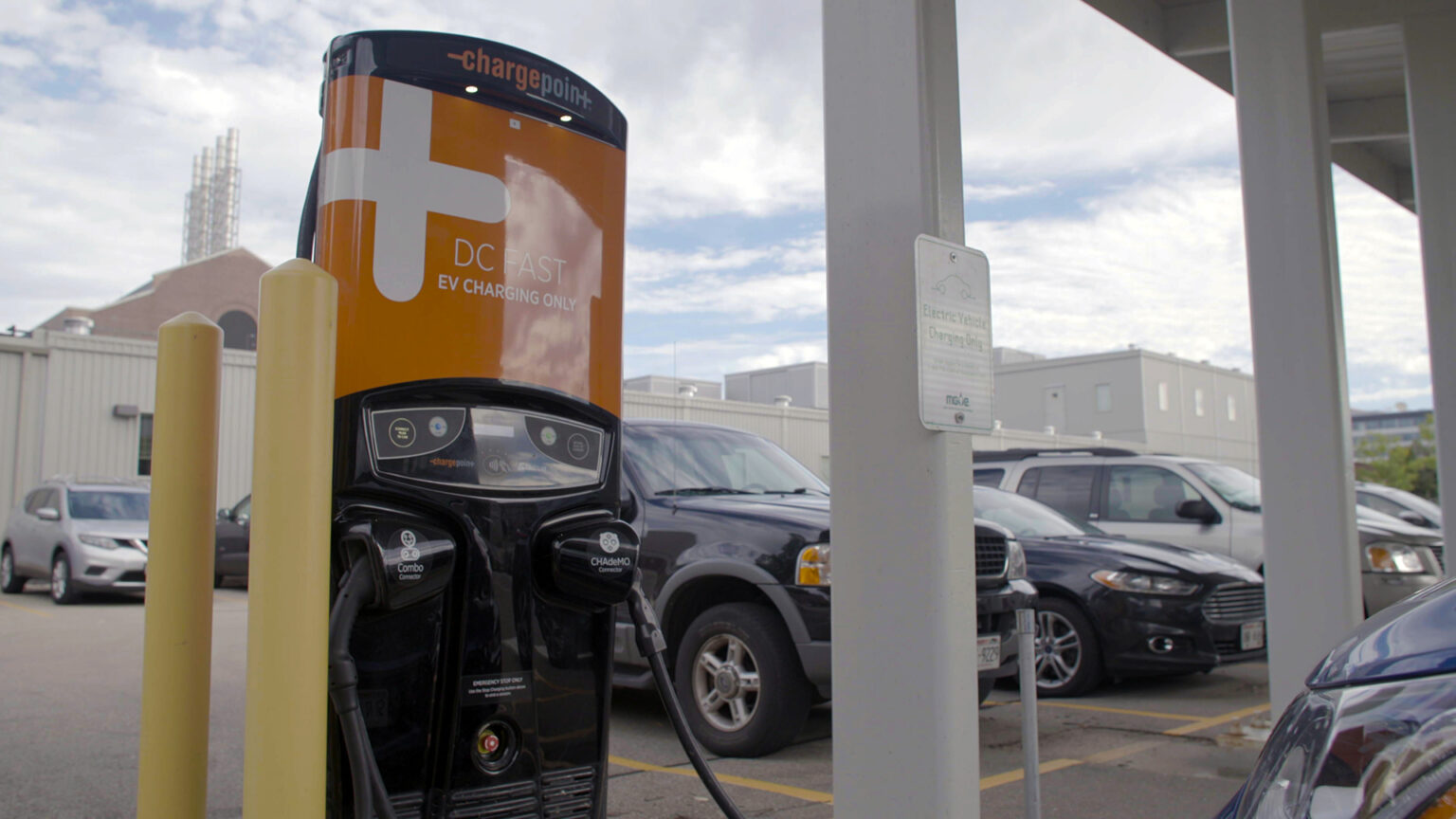
An electric vehicle charging station stands ready for use in a parking lot on Aug. 11, 2022, in Madison. The Wisconsin Senate passed two bills on Jan. 16, 2024, that would support the construction and operation of charging stations around the state. (Credit: PBS Wisconsin)

MADISON, Wis. (AP) — Wisconsin lawmakers took another step on Jan. 16 toward creating a network of electric vehicle charging stations across the state, passing a pair of bills that would make it easier for businesses to operate the stations and free up nearly $80 million in federal construction aid.
The Senate passed both Republican-authored bills 30-2 with no debate. The legislation now goes to the Assembly. A host of groups have registered in favor of the bills, including 7-Eleven, Inc., the Alliance for Automotive Innovation, Kwik Trip, Inc., and environmental group Clean Wisconsin. No organizations have registered against the bills.
The first bill would exempt businesses that set up charging stations from regulation as public utilities and require anyone running a charging station to obtain a permit from the state Department of Revenue
The measure would create a 3-cent per kilowatt hour excise tax on electricity sold at a charging station. Consumers would not have to pay the state’s 5% sales tax, however. State estimates on how much revenue the tax would generate vary. The state Department of Transportation projects it could amount to as much as $27,600 by fiscal year 2025-26; the Department of Revenue estimates it could produce as much as $930,000. Not imposing the 5% sales tax on charging station electricity would result in a loss of $1.3 million annually, according to the Department of Revenue.
Local government entities and state agencies would not be allowed to operate public charging stations but could run their own stations to charge their vehicles.
The second bill would allow the state Department of Transportation to administer $78.7 million in federal grants to help businesses construct charging stations over the next five years. The grants would cover up to 80% of costs; grant recipients would have to put up the remaining 20%. The federal dollars are intended to jump-start construction of stations along Wisconsin interstates and highways, with federal guidance calling for stations no more than 50 miles apart.
 Passport
Passport





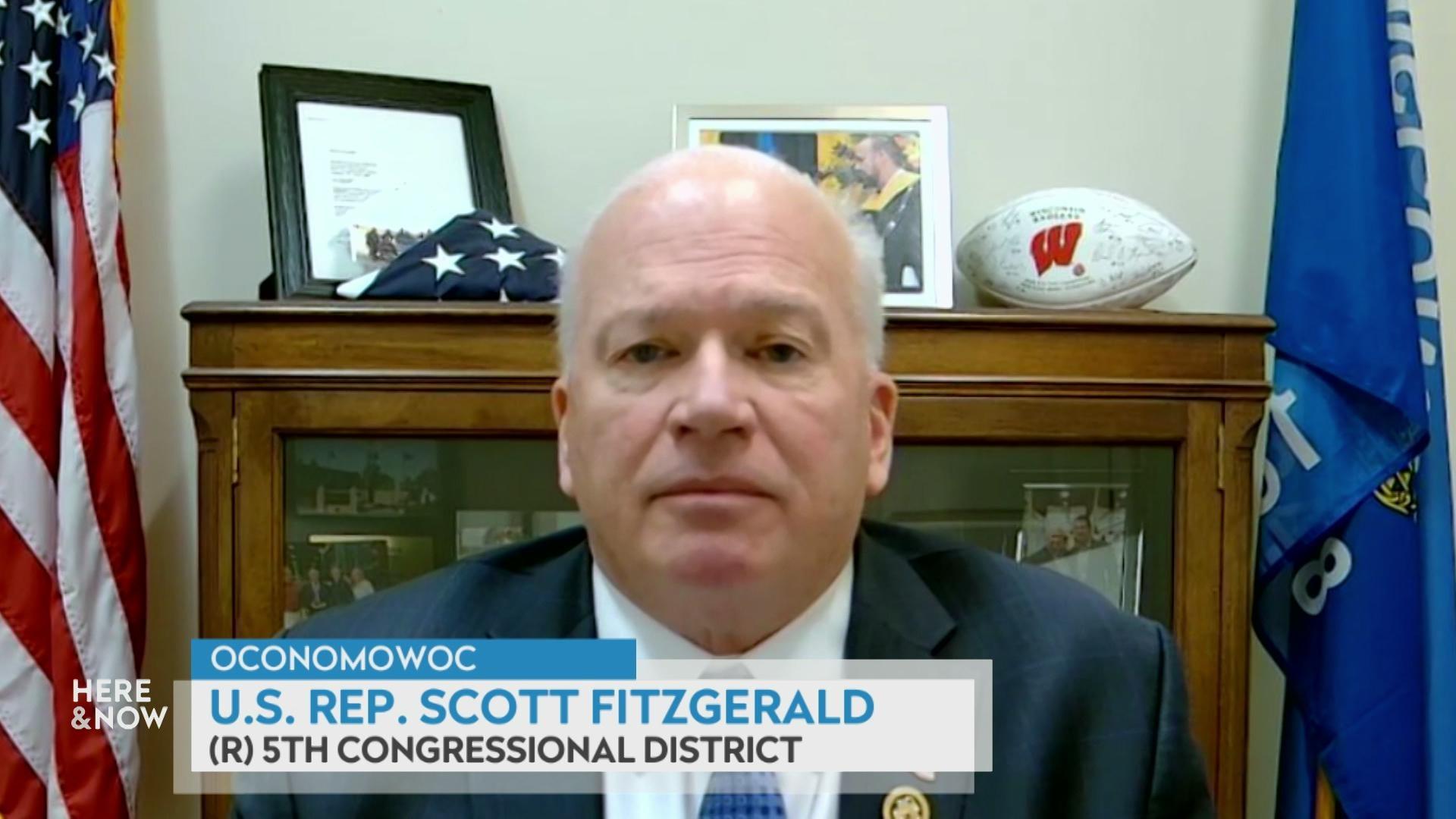
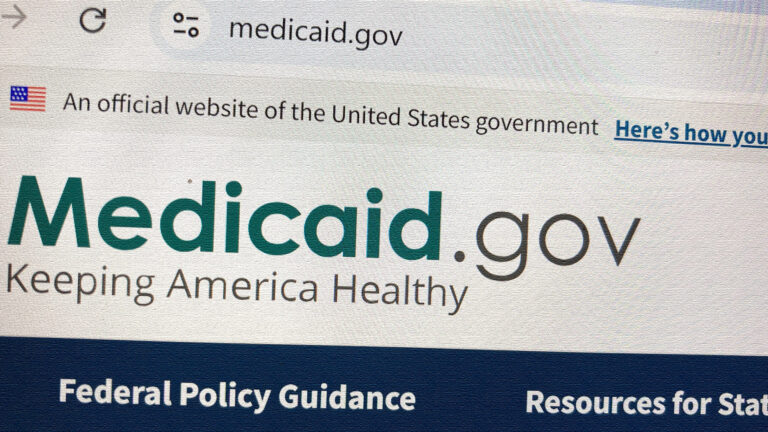
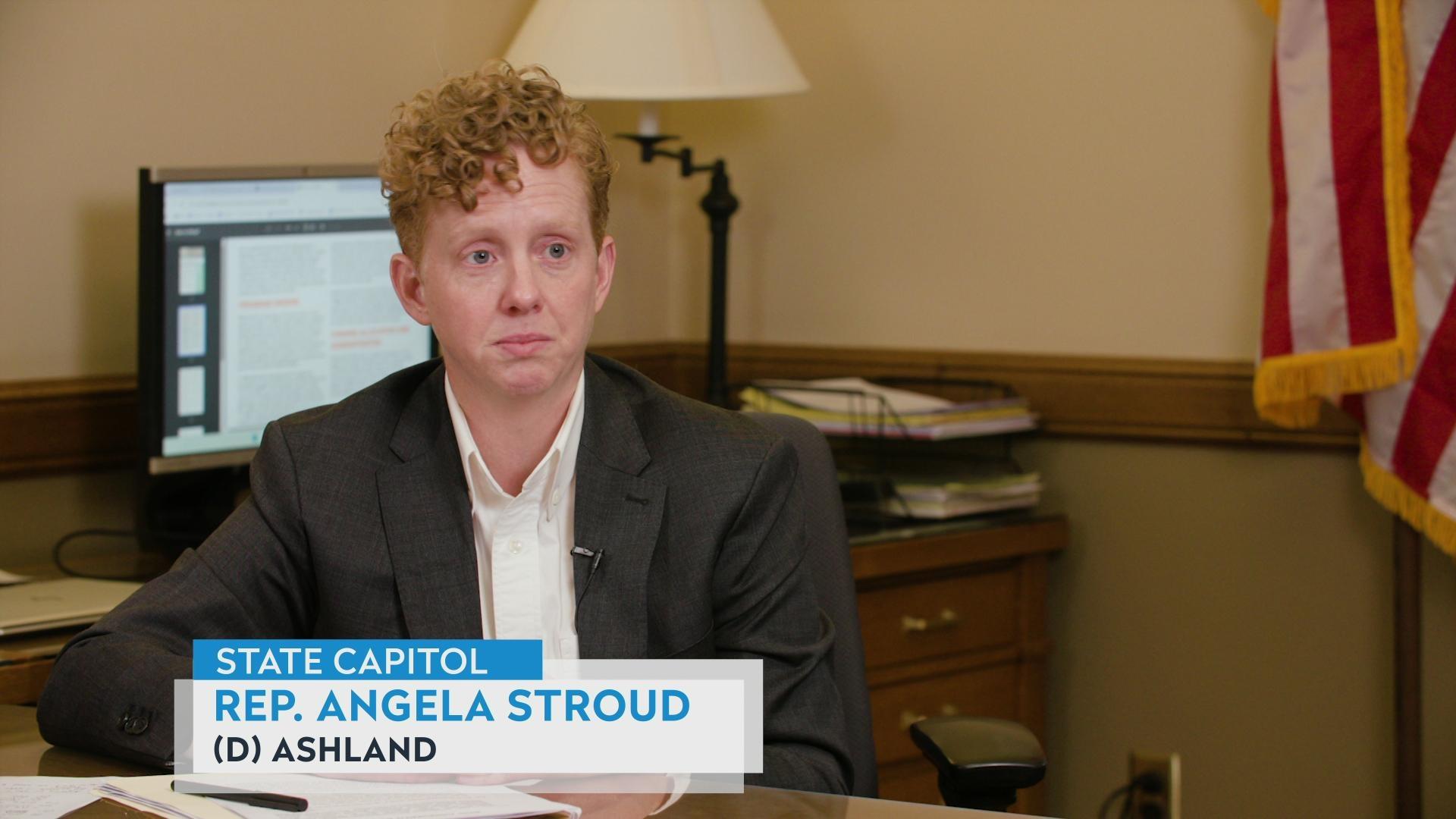
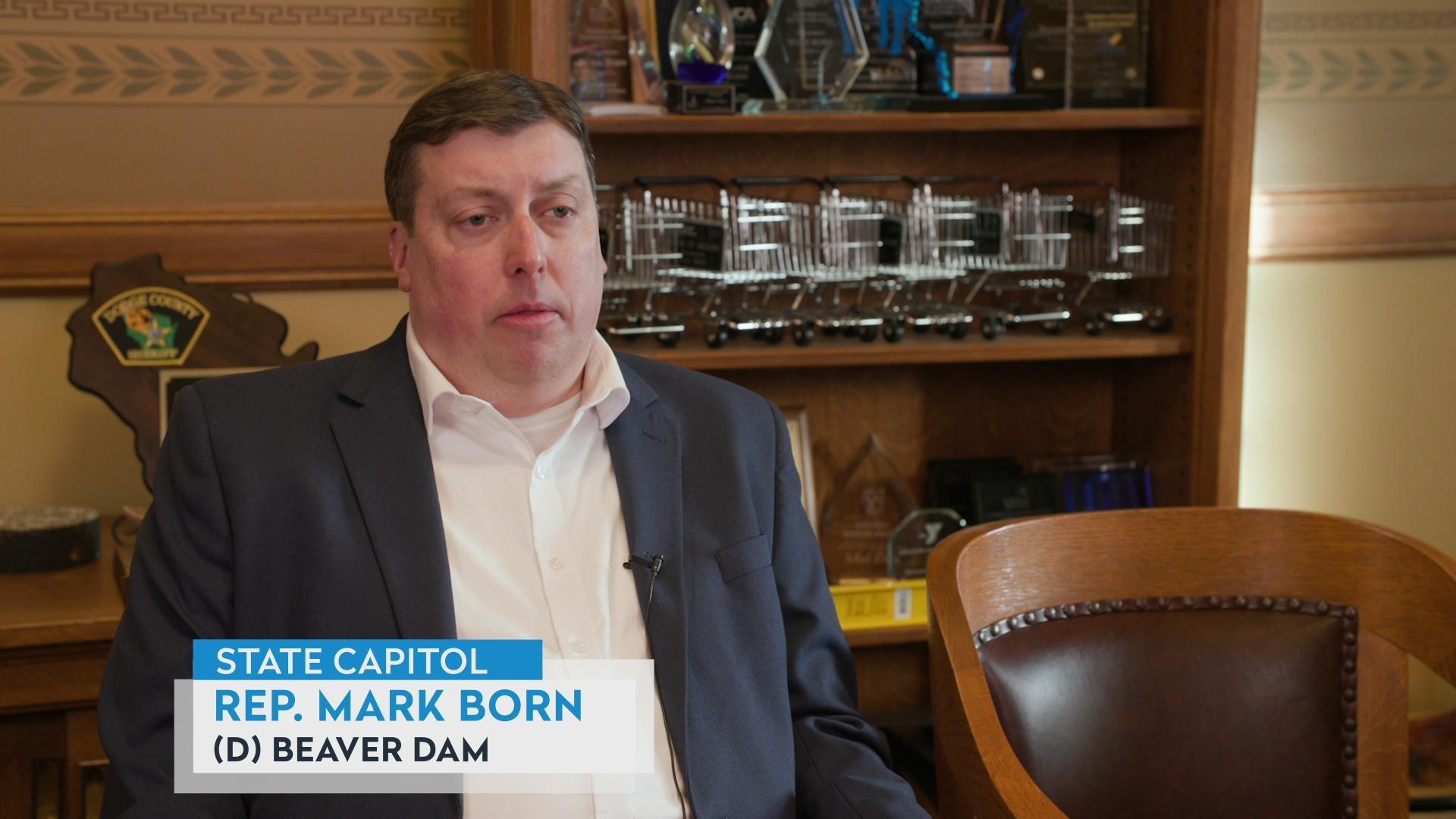
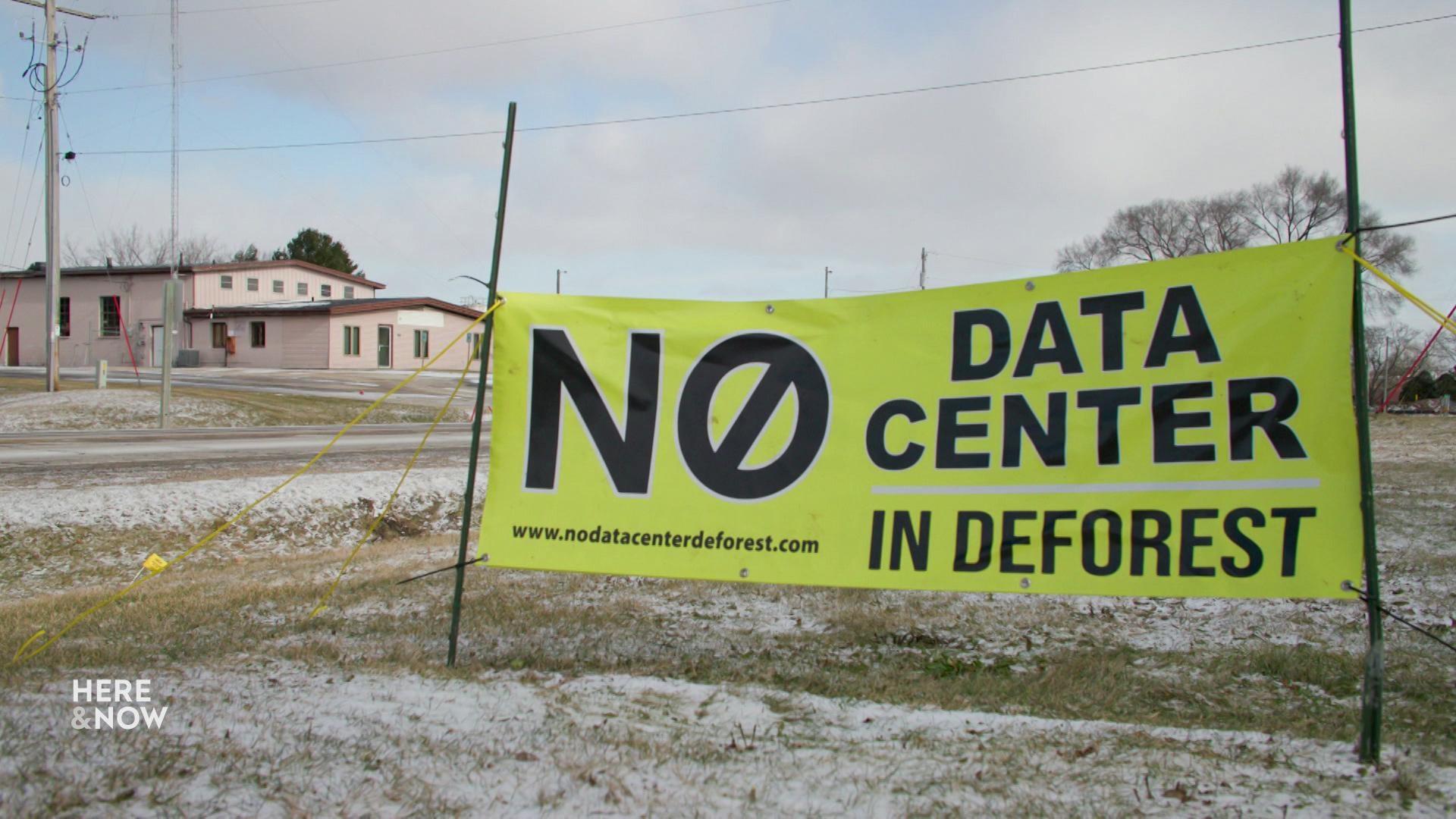

Follow Us